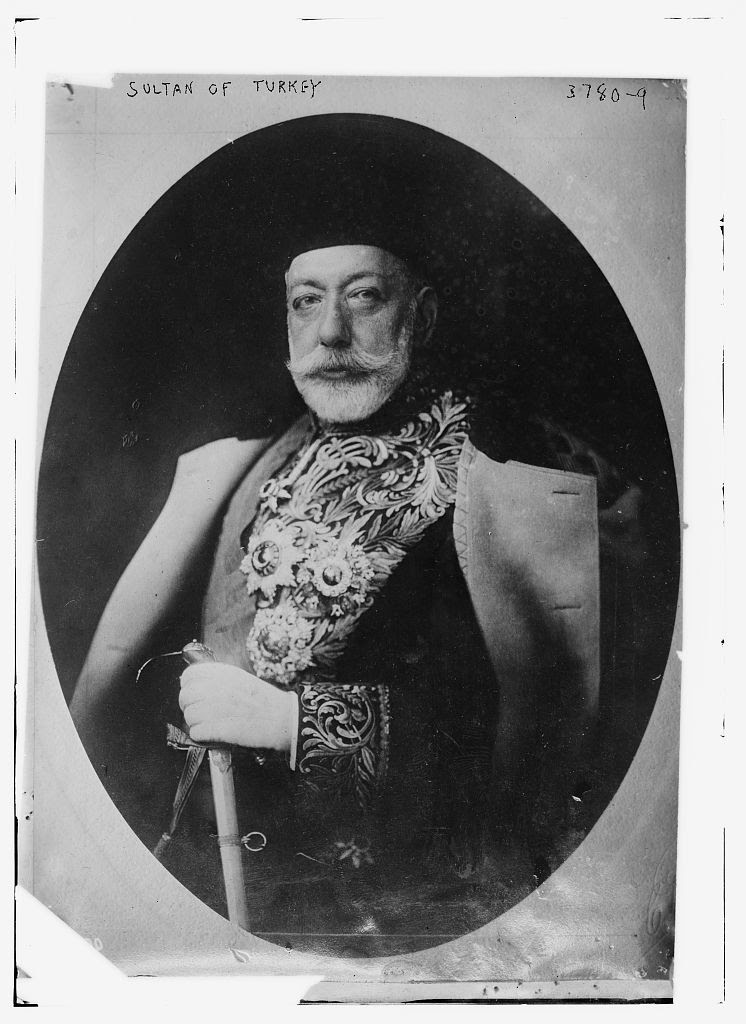It’s pretty hot here, in Valencia as in most of Spain, and yet it doesn't seem to be just the heat that tells me it’s summer. There’s something else, and for some time I couldn’t make up my mind what.
So I’ve been wondering just what does make a summer.
Not the swallows, I’d say. They turned up here in their masses – I never got a chance to spot the one that didn’t make a summer. Besides, my wife tells me they were swifts not swallows anyway. The swallows showed up a while later and, confusingly, looked exactly the same to me. In any case, one swallow or one swift certainly didn't make our summer, and even the huge numbers that eventually arrived affected our comfort much more than the season.
For a few days before they arrived, we were being irritated by flies coming into the house when we had the windows open. But then the swifts showed up in their hundreds, flying around behind our flat at sunrise and sunset, like vacuum cleaners of the air, scooping up any insect with the temerity to come anywhere near them. The fly problem vanished.
I have a lot of affection for the swallows. Indeed, I’m delighted that the house we plan to move to shortly has a pair in residence and they even have fledglings at the moment. But that doesn’t mean that it’s they who make my summer.
 |
| Swallow fledglings in our new place |
Certainly not the date. How many British residents, including me when I still was one, have enjoyed a glorious, sunny, warm May only to shiver through a dank and cold June?
It wasn’t really the temperature either. It gets hot in Spain. We’ve even had temperatures in the low thirties in Valencia (no, no, that isn’t freezing cold, you poor benighted users of that outdated temperature system), despite the nearness of the sea and the breeze blowing off it. But it’s far worse in Madrid, where I go fairly frequently to visit my sons and their partners (and soon my second grandchild), where the high thirties or even low forties are not unknown.
It took me a while to work out just what it was that made a summer for me. And the enlightenment came in the form of a memory from my distant childhood.
For my first thirteen years, I lived in my native city, Rome. Throughout my childhood, I’d always felt profoundly English, to the extent of experiencing nostalgia for a country I’d visited frequently but never lived in. I remember catching my breath, and feeling a flood of emotion, over a geography book in my (English) school in Rome, when I came across a picture of a typical London street with a sodium streetlamp. My nation. In some sense, my home. Spiritually.
Then my parents sent my brother and me to boarding school in England. One evening some months after that wrenching move, I was at my grandparents’ house, watching TV with them. You know, black and white, and we felt at the cutting edge of technology because we had three channels instead of the two we’d got used to.
The programme was about an archaeological expedition in Greece. I remember nothing about its findings. All that sticks in my mind is a sound. Like the picture of the sodium lamp, it brought a lump to my throat and made me catch my breath.
Cicadas. Grinding away. I could almost feel the heat and smell the pine needles.
That’s summer. Hear that sound and you know you’re out of the grip of the winter and the cold. You know you’re safe in shirtsleeves, and short ones at that. Sunset doesn’t mean a chill that forces you indoors, it means the warmth becomes comfortable and that, even at night, you can sit outside with a drink and enjoy the smells and the easy living.
Just a few minutes’ walk from where we live at the moment (before we move in with the swallows) is the long park that winds through Valencia in what used to be the bed of the Turia river. Right now, it's full of that beguiling sound day and night. Reminding me again and again that summer is here. Just like when I was a kid.
 |
| Summer floods the Turia park Just imagine the cicadas providing the accompanying sound track |













